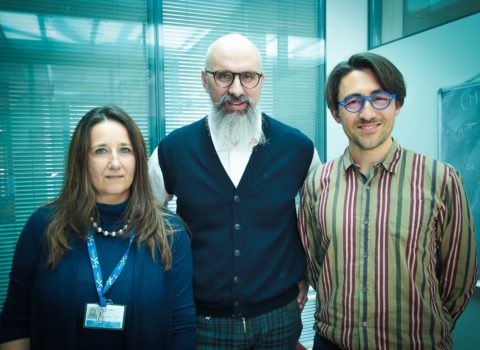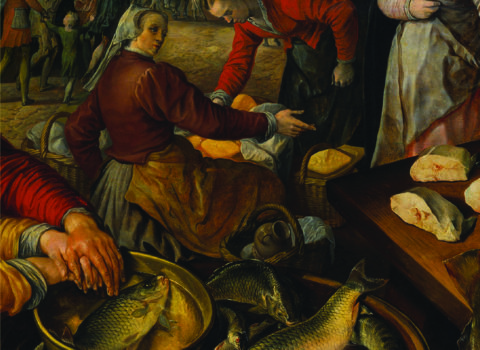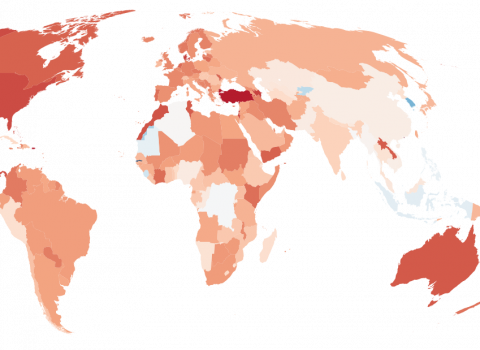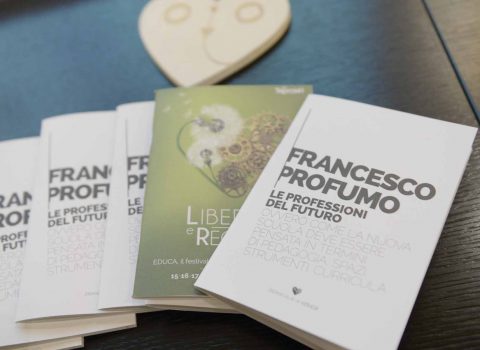
Hoaxes in food and hoaxes in online searches
How much can we trust reviews and comments found online? The risk of fake or artfully cooked news is always around the corner, we propose a parallel between catering and research to think about it.
Vacation time is now over for many. A well-organized handful remain on the vacation field, able to avoid “bollino nero” (highest level traffic reports) on the highway and peak season rates. To them our best wishes for a splendid September, a month mostly dedicated to resetting our routines.
For those of us who are actually resetting, the memory of the free time enjoyed during the summer months generally lingers. In this leisure time, an increasingly relevant space – journalistic, sociological and market surveys tell us – is devoted to reating ourselves to good food. Eating and drinking well is used to add to a vacation, sometimes even its main purpose. The memory of the sights we have visited blurs with that of what we have tasted. In our stories good (or bad) restaurants occupy more and more time and seem to feed the curiosity of our listeners as well.
To figure out where to eat and drink well, there are many tools: classic guidebooks, websites and apps, word of mouth. Not everything, however, is reliable, especially what can be found online. Here, checks on the veracity and efficiency of reviews often are not reliable and do not remove the risk of eating poorly fresh
The issue of fake news, in short, does not affect science communication alone, but stands as a constant catalyst for understanding the world in which we live. The defense against bad pizza, sour wine or mugged data remains the same: good information, which feeds awareness and nurtures curiosity. Opening the mind, keeping the discussion alive, trusting the advice of those who know more than us: these are the best ways to find a good dish or learn about good research.
Let me close with a couple of examples from personal experience. I was looking for an article that would help me resolve some doubts about a complex historiographical issue, linked to nineteenth-century slavery: I asked a colleague who knows more than I do and I found the answers. I was looking for a properly prepared herring in Denmark: I asked people living there and I found the answers. We need discussion.




